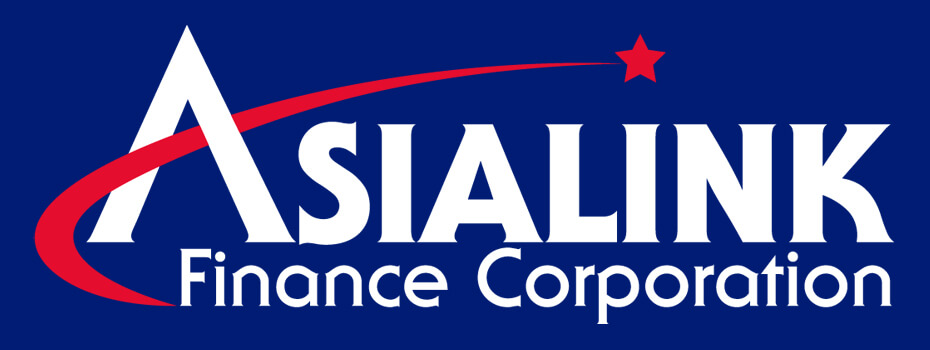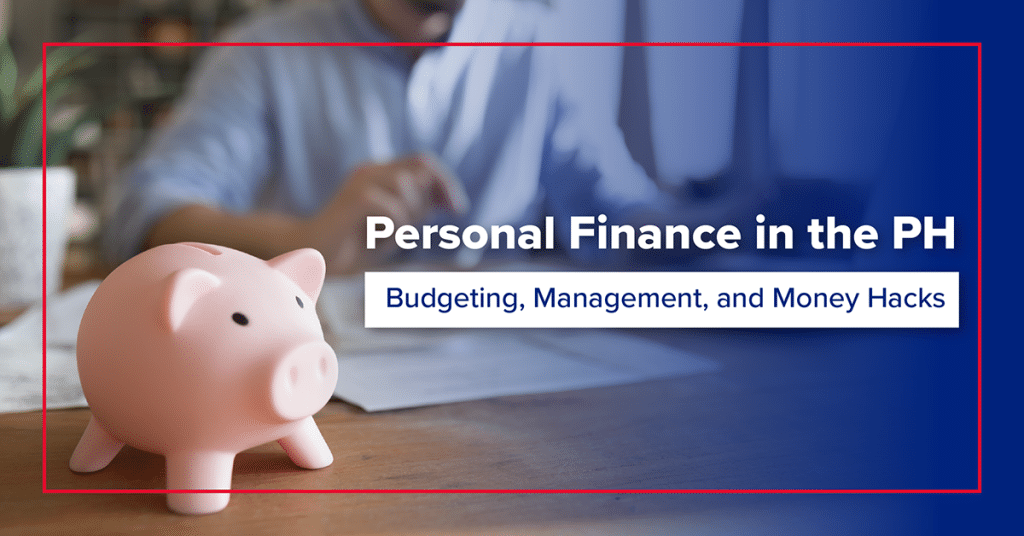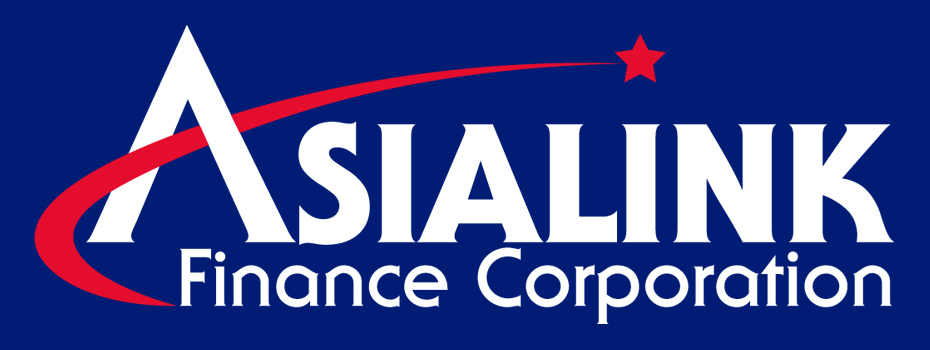Creating a financially secure life may seem like a daunting task. To some, finances can be a touchy subject, especially those who grew up in families that avoid these conversations. One of the first steps to financial freedom involves confronting yourself with your current financial situation and opening your mind to future possibilities.
They say the best time to invest was yesterday, and the second best time is now. Some goals may take many years to achieve, so it’s best to start early with a plan.
This is where personal finance comes into play. According to Investopedia, Personal Finance is “a term that covers managing your money as well as saving and investing. It encompasses budgeting, banking, insurance, mortgages, investments, retirement planning, and tax and estate planning.”
To know more about the importance of personal finance, check out the infographic below. You will also learn about essential budgeting, management tips, and hacks to manage your finances accordingly.

The 5 Areas of Personal Finance
The Corporate Finance Institute outlines five areas of personal finance: income, spending, saving, investing, and protection. These areas will be discussed in more detail below.
1. Income
Income is the first step in the personal finance roadmap. It refers to any money that an individual receives. It is not limited to salaries only. It can be in the form of bonuses, pensions, dividends, and hourly wages. The income will determine what an individual can or cannot afford. It will be the money used for the succeeding areas below.
2. Spending
All types of consumable expenses are considered Spending. Examples are rent, food, entertainment, travel, mortgage, and other expenses that are not investments. There are two types of spending: cash and credit.
Cash refers to the money spent with the cash on hand, while credit refers to pay-later expenses using credit cards or loans.
Personal finance will help balance income and spending accordingly. The individual will suffer a deficit if spending is bigger than the income.
3. Saving
Saving refers to the cash kept for future spending or investing. People have different ways of saving. Others allot a fixed amount of savings as soon as they receive income, while others save when they have excess money after they spend the income received.
In whatever method of saving you wish to pursue, what’s important is you have some cash stacked in trusted banks for future use.
4. Investing
Saving is necessary. However, too much money stored for a long time may lose its value due to inflation. Investing is allowing your money to work for you through assets in the form of stocks, bonds, mutual funds, real estate, art, and more. It enables you to beat inflation or provide yourself with another stream of income.
However, investing can be tricky. Not all assets guarantee a return in income; that’s why people who are serious about this area may hire financial advisors to have a more comprehensive plan.
5. Protection
Some unfortunate circumstances may cause your savings to collapse in just a blink of an eye, like accidents, the death of a loved one, and even sudden health-related expenses.
Protection comes in the form of life and health insurance and estate planning. Protecting your finances from these sudden expenses will spare you some worry and stress about life’s future what-ifs.
Why Is Personal Finance Important?
Our finances determine the quality of life you will have. It’s not just about thinking about paying the bills you will receive at the end of the month. Personal finance forces you to think long-term.
Proper financial management is a way to look after ourselves in the present and future. It helps maximize life choices and enables you to achieve your goals. Not taking your finances seriously may lead to unexpected monetary obligations, affecting your comfort and safety in the long run.
Budgeting and Its Importance In Personal Finance
If you fail to plan, you plan to fail. A budget is not just about money diet. It is a necessary financial planning tool. Planning your budget will give you a realistic insight into what is important to you and where you are financially. Budgeting is one thing, but adhering to it is another personal discipline that will make or break your overall financial health.
To build a realistic and foolproof budget plan, you must guide yourself accordingly with these essential budgeting steps.
5 Essential Budgeting Steps
1. Determine your income.
Gather all the paychecks you receive in a month and generate a total average income.
2. List and estimate expenses.
List all your monthly expenses and divide them into mandatory or discretionary expenses.
Mandatory expenses are necessary monthly expenses like rent, electricity, water, and food. Insurances and prescriptions are also some examples.
Meanwhile, discretionary expenses are those you can live without but choose to spend monthly. It includes fitness memberships, streaming subscriptions, personal grooming, and other leisure expenses.
Once these things are laid out, set some estimated monthly monetary values under these categories. Compare them to your actual expenses in a month and see if the numbers are correct
3. Set limits within your income.
Once your numbers are calculated, it’s time to set limits according to your income. Start with your mandatory expenses and ensure enough budget for them. Furthermore, budget for mandatory savings in whatever value feasible.
Once you have laid out your budget, you can factor in some discretionary expenses. If you factor in all your expenses and still have money to spare, good for you! If not, you may consider cutting some costs.
4. Cut costs if necessary.
This may be the least desirable part of budgeting but will affect your financial well-being. Identify those expenses that you cannot live without and those you have cheaper alternatives to obtaining. When you keep spending things out of your budget, you may end up in debt.
5. Track spending.
Tracking your spending will help you spend mindfully and intentionally. Some people use expense tracking apps, while others are satisfied with a good old spreadsheet. You can pick any method you like. What’s important is you always have a constant reminder to stay on budget.
Money Management Tips and Hacks
1. Build an emergency fund.
Before investing, it’s advisable to secure an emergency fund. As the name suggests, an emergency fund protects your budget from that unexpected layoff, that sudden skin problem your pet contracts, or even that clutch problem in your car.
This way, you no longer have to shell out funds from your set budget. An emergency fund must be worth 3-6 months of expenses.
2. Pay off debt.
Credit and loans can help you build your credit score and make opportunities to make wiser loans in the future. However, when you are not mindful of your credit expenses, these debts can pile up in compounding interest. Make it a habit to pay off your debts before they hurt your credit score and budget.
3. Save for retirement.
Even if you are still young and healthy, you must face the inevitability of old age. Different people have different retirement plans. Some aim to retire as early as their 40s, while others aim to retire in their 60s.
If you start to plan for retirement in your 20s, you must have 10%-15% of your income saved. You must also factor in some social security contributions. Saving for retirement can be tricky, so make sure you have a solid retirement plan as early as possible.
4. Make long-term investments.
More than long-term investments becoming a part of your retirement plan, they are also advantageous in terms of volatility. Investments that need to mature over extended periods tend to be less volatile than short-term investments.
If you are considering stocks and/or bonds, ensure that you can invest in bonds because of their low volatility. They may be less exciting than stocks, but preserving and growing your money’s value may be more likely over time.
5. Be smart in taking loans.
Many people refuse to take loans because of potentially getting stuck in debt. However, loans are your friend when you know how to use them right. It’s often smart to take loans for your life’s big purchases like a house and a car; or even by financing a new business venture.
For personal loans, it would be best not to take loans you know you cannot pay within a given time frame. The goal is to borrow as little money as possible to lessen the chances of getting stuck in the mud.
For business loans, you must be responsible for paying back the financial institution you borrowed from by knowing how to manage business finances properly. You may do as you please with your loan, even buy some trucks for business.
Taking loans is more accessible than ever. You can easily take an auto loan, collateral loan, etc.
Start your journey to financial freedom today.
People have varying lifestyles, priorities, and hobbies. That’s why there is no prescribed budget for every person. Yes, financial management can be daunting, but it can also be exciting. Money is a part of our daily life, and refusing to do so can risk you huge and unexpected financial obligations.
Budgeting and constantly tracking your finances can already make a world of difference in your financial future. Once you always leave room for savings and investments, you’ll be well on your way to financial freedom.
And again, don’t hesitate to take loans. Asialink finance is one of the leading loaning companies in the Philippines, offering a wide array of convenient and accessible loans for different financial needs. What’s more? You can enjoy our competitive interest rates. Apply for a loan now!






